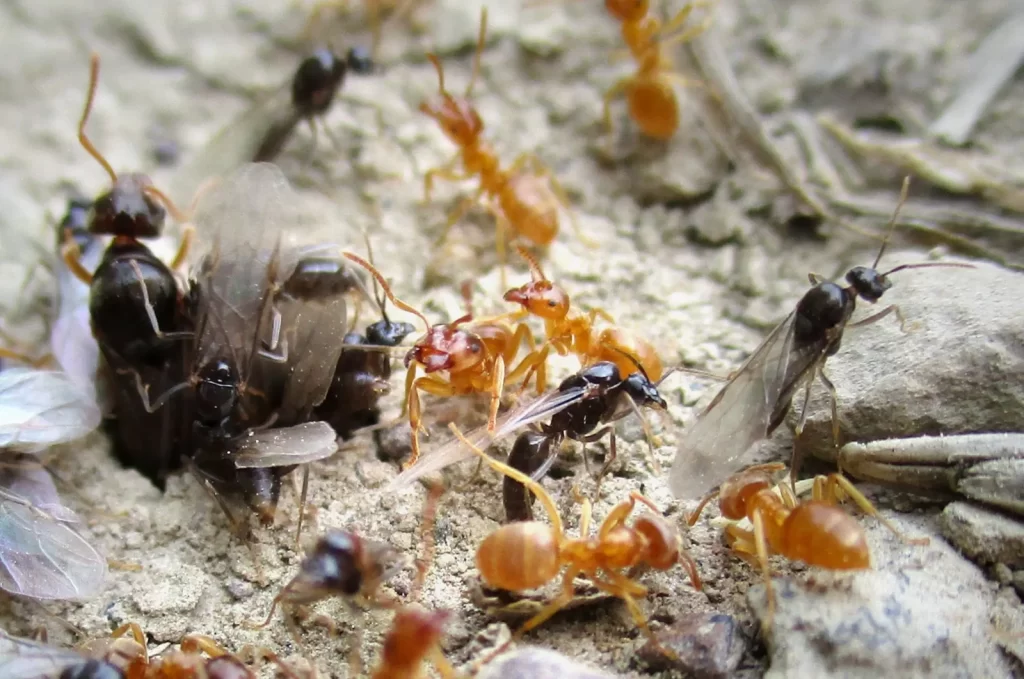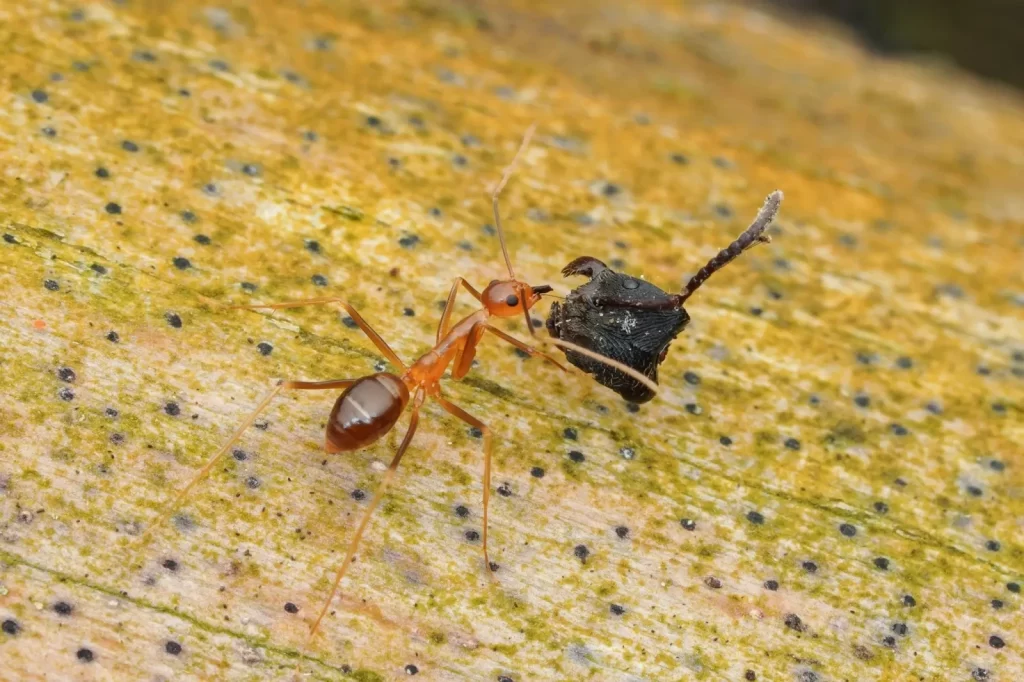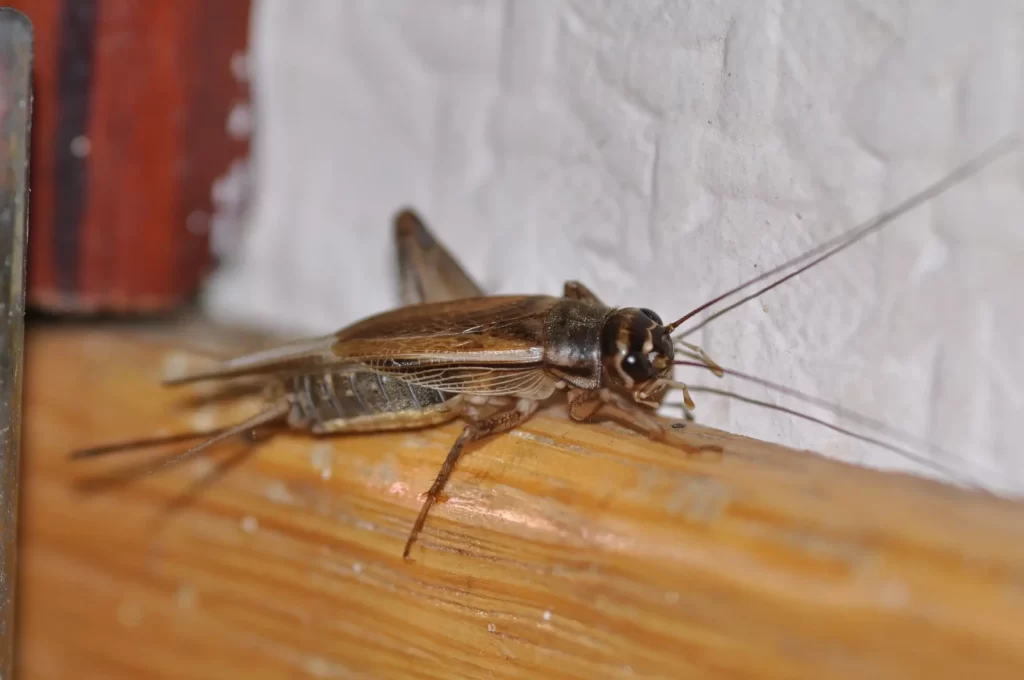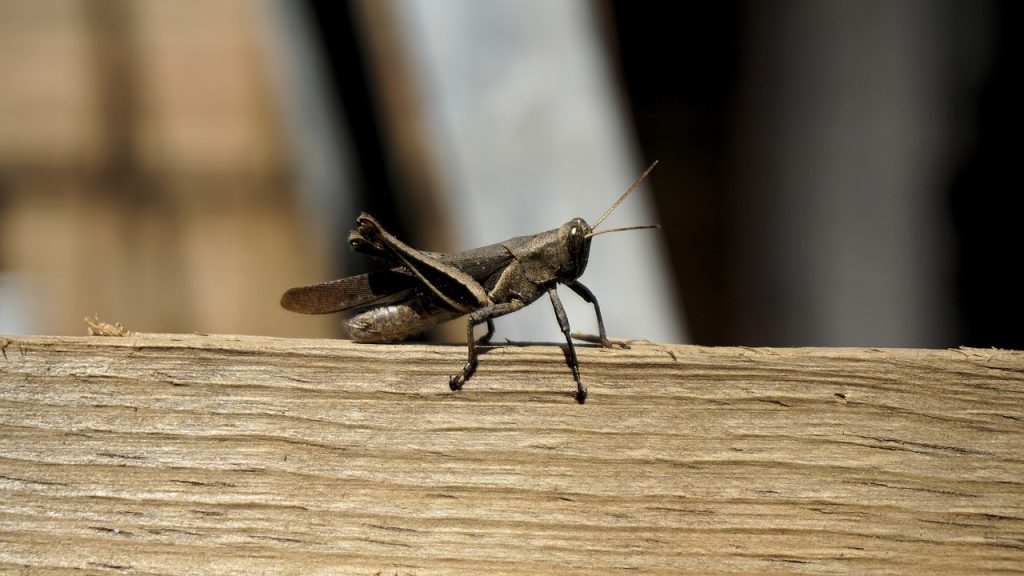Ticks are not only a nuisance but can create serious health risks to both humans and pets, as they are known carriers of diseases. Keeping your yard tick-free is an essential step in reducing the likelihood of ticks entering your home or attaching to your pets. This guide will explain how to treat your yard for ticks, including natural methods and preventative measures to keep ticks at bay.

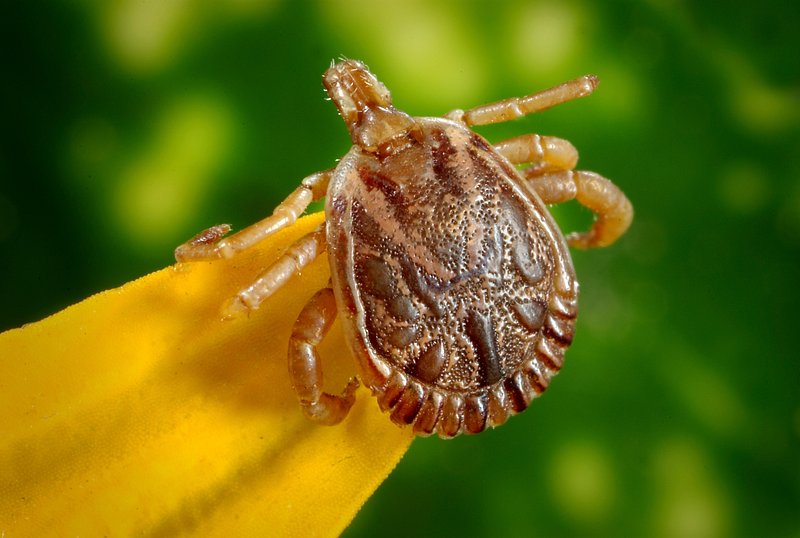
How Do Ticks Enter Your Yard?
Ticks prefer living in areas with tall grass, bushes, and leaf litter. The first step is understanding how they get there. Ticks often hitch a ride on wildlife, such as deer, raccoons, and rodents, which then deposit them into your yard. Pets can also bring ticks into your yard after outdoor activities. By managing the environment where ticks are likely to live, you can significantly reduce their presence.How to Prevent Ticks in Your Yard
The key to tick prevention is creating an environment that is less hospitable to ticks. The process begins with regular lawn maintenance. Mow your grass frequently, as ticks prefer tall grass where they can wait for hosts to pass by. Clear away leaf piles, branches, and other debris where ticks like to hide. Create a fence of gravel or wood chips between wooded areas and your lawn to keep ticks from migrating into your yard. For added protection, consider fencing off areas to prevent deer and other wildlife from entering. Reducing the presence of animals that carry ticks will help minimize the likelihood of an infestation.How to Treat Your Yard for Ticks
If you already have a tick problem, it requires a more direct approach. Chemical treatments are a popular and effective solution. Tick control sprays and granules, often containing permethrin or other insecticides, can be applied to your lawn and around the perimeter of your property. Focus on areas where ticks are most likely to hide, such as tall grass, shrubs, and under trees. Be sure to follow product instructions carefully to ensure safety for children and pets. Some homeowners choose to hire professional pest control services for larger infestations. Pest control professionals can apply specialized treatments to target ticks and other pests more thoroughly.How to Keep Ticks Out of Your Yard Naturally?
For those who prefer a more eco-friendly approach, there are natural ways to deter ticks. It includes using natural repellents like diatomaceous earth, which can be sprinkled around the perimeter of your yard to kill ticks. Diatomaceous earth is a fine powder and it works by damaging the exoskeleton of ticks and other pests. Another effective method is planting tick-repelling plants. Plants such as lavender, rosemary, and marigolds are known to repel ticks naturally. These plants can be strategically planted around your yard, especially in high-traffic areas or near entry points. Additionally, nematodes—microscopic worms—can be introduced into your soil to feed on tick larvae. This natural approach helps break the tick life cycle and reduce the overall population in your yard without the need for chemicals.How to Get Ticks Out of Your Yard?
If you’ve noticed ticks in your yard, immediate action is crucial to prevent them from spreading further. How to get ticks out of your yard starts with a thorough yard cleanup. Remove any debris where ticks may be hiding, such as fallen leaves, wood piles, and overgrown plants. Regularly raking and maintaining your yard helps disrupt the environment where ticks thrive. For a quick solution, you can use a yard treatment spray specifically designed to kill ticks. These sprays can be applied to areas where ticks are most likely to gather, including around fences, sheds, and garden beds. Some products offer residual protection, continuing to kill ticks for weeks after application.How to Repel Ticks from Your Yard
Tick repellents are an effective way to protect your yard from future infestations. How to repel ticks from your yard involves using products that create a barrier around your property. Chemical sprays or granules designed for outdoor use are a common choice. These can be applied to your lawn, garden, and outdoor furniture to deter ticks from entering. If you’re looking for natural repellents, essential oils such as eucalyptus, citronella, and cedarwood can be diluted and sprayed around your yard. While not as potent as chemical treatments, they provide a safe alternative, especially in households with children and pets. Myths and Facts About Treating Your Yard for Ticks| Myth | Fact |
| Ticks only live in wooded areas. | Ticks can live in any yard with tall grass, leaf piles, and shade. |
| Chemical treatments are the only way to get rid of ticks. | Natural methods like diatomaceous earth and tick-repellent plants can be effective too. |
| Mowing the lawn is enough to keep ticks away. | Mowing helps, but you also need to remove leaf piles and trim overgrown areas. |
| Ticks are only active during the summer. | Ticks can be active year-round, especially in mild climates. |
| Ticks won’t enter your yard if you don’t have pets. | Ticks can still enter your yard via wildlife like deer or rodents. |
